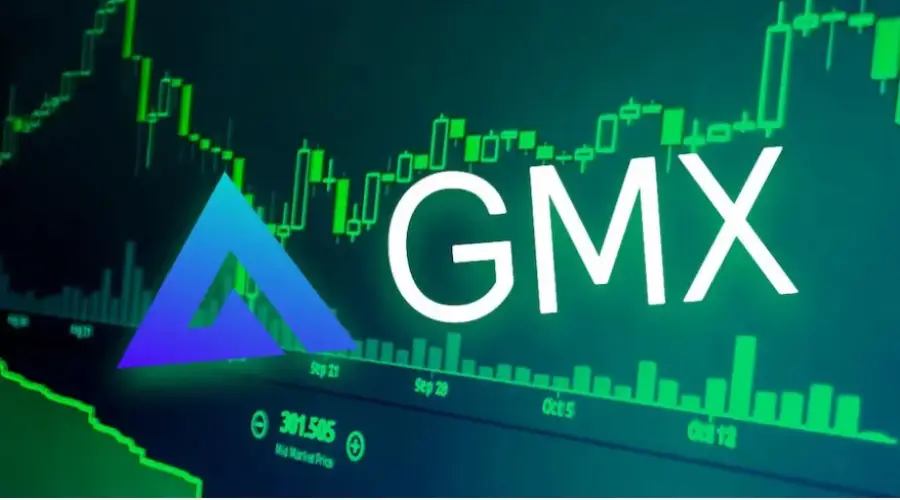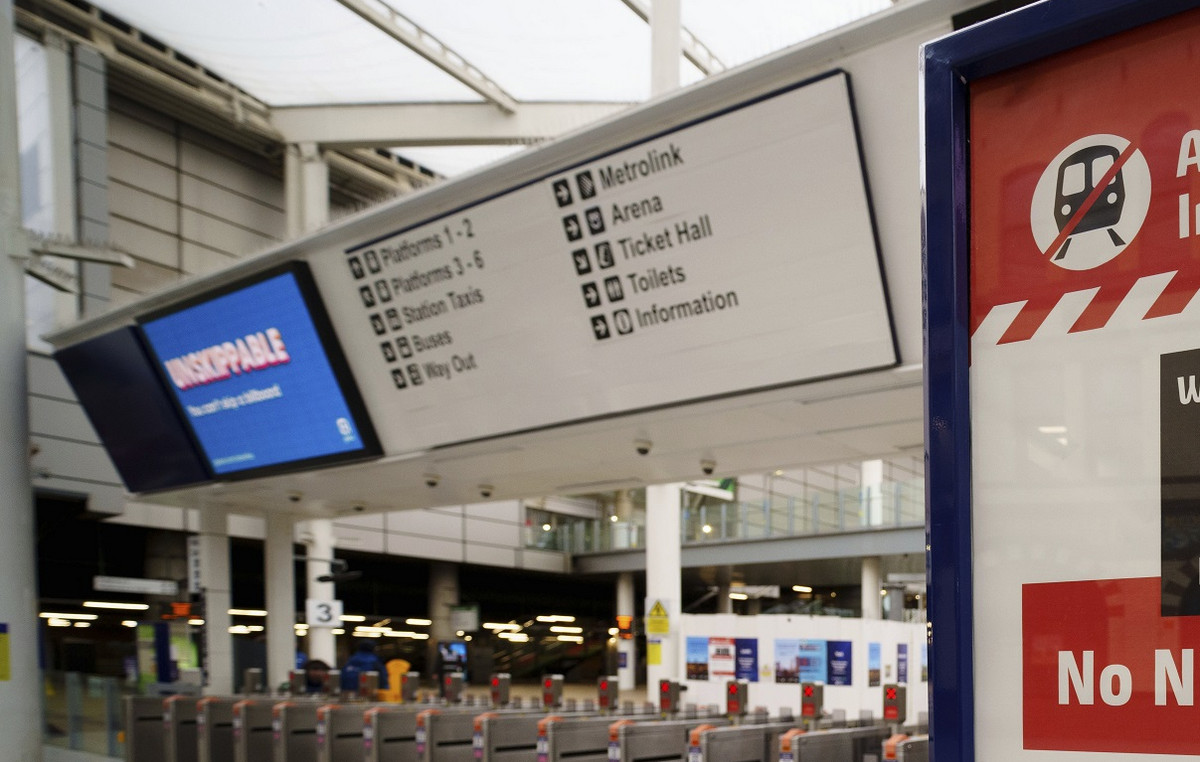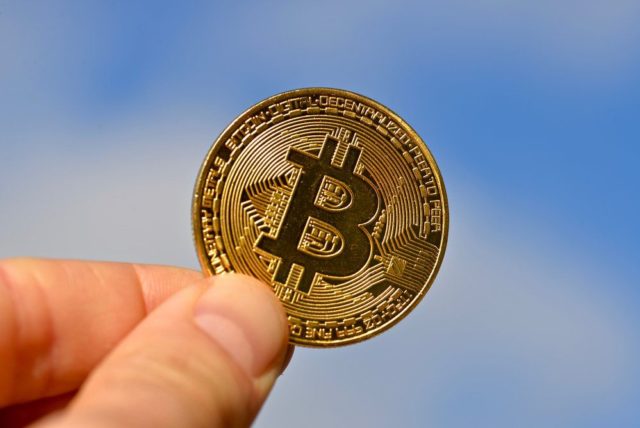The new Operational Program “Competitiveness” of Greece is expected to be approved by the European Commission in June, which will succeed EPANEK, with its resources, amounting to 4 to 5 billion euros, to be available mainly in the form of low interest rates. loans and not grants.
The above were announced today by the Deputy Minister of Development and Investment, Giannis Tsakiris and the Secretary General of Public Investments and NSRF, Dimitris Skalkos, during an event-discussion with representatives of the Thessaloniki Chamber of Commerce (EETH) in the European Parliament in Brussels. Maria Spyraki.
“Within the next 20 days, the operational program” Competitiveness “will be approved, which will replace EPANEK. In the new program, there will be two pillars of strategy to increase the competitiveness of SMEs – through the green and digital transition”, he noted and added that there will be digital upgrade action for all SMEs that meet the basic criteria, regardless of industry, which will not have a benchmarking and in which the aim is for the beneficiary companies to be included in one month.
“Any company that makes the investment will be paid very quickly and any one that does not, will be repaid” he clarified and added that “in general” we “leave” the general entrepreneurship (its financial support), as “expenses that are far from its goals green and digital switchover – eg hotel rooms – will not be eligible for eligible costs “in this context.
The deputy minister also referred to the problem of small businesses’ lack of access to bank financing, saying that the government’s goal is to increase the 40,000 companies, which banks now know as small customers, to at least 100,000. As he said, this goal will be pursued, among other things, with new financial energy, which will cover a significant part of the risk of such small customers for the banks.
He reiterated the great problem of the structure of Greek entrepreneurship which is the very small enterprises: “At the moment we have 850,000 enterprises in Greece. Of these, only 500 are large (based on turnover and jobs), according to the Commission. 4,500 are “Medium and small are 45,000. The remaining 800,000 are very small,” he said.
In the first three places in absorptions
Mr. Tsakiris also reminded that for the last two and a half years Greece has been consistently in the first three places among the EU member states in absorbing funds for the media, compared to the eleventh-twelfth that it held in the past. He added that from just 24% a few years ago, absorptions have now exceeded 70%, which means that more than 8 billion euros reached the real market during this period.
The Deputy Minister of Development also expressed the assessment that the current international crisis is bigger than that of the coronavirus, pointing out that in such a series of external shocks, no government can do something individually. “Now there is a perfect storm. Many factors have been aligned so that inflation and energy crises continue, with a worse picture,” he said.
Mr. Tsakiris also pointed out that too many companies were left out of support programs during the pandemic crisis, due to failures or omissions of accountants and consultants, during the preparation and submission of relevant documents, for example, for the repayable advance. Finally, answering a relevant question from professionals, he pointed out that Greece’s debt is obviously sustainable and manageable, but we can not and should not reach a point from which there will be a problem.
“In the fall, the first calls for the new OP, with the aim of avoiding the slightest financial gap”
For his part, Mr. Skalkos pointed out to APE-MPE that the goal is, after the approval of the new OP by the Commission, which Greece is expected to achieve first among the member states, the first invitations to come to ” air “in the fall, so that there is not the slightest financial gap. The goal of the evaluations is to be completed in January, so that in February-March the first disbursements of funds from the new OP will take place.
“We have started and are processing the invitations and there will be a consultation, so that we can go as close as possible to the needs of the companies,” he noted earlier at the event, adding that of the more than 4 billion euros of the new OP, which is likely to reach 5 billion, the main volume will be given in the form of loans, as “we leave the grants”.
“For the first time, Europe is facing multiple crises, many external shocks, in succession: the pandemic, natural disasters, energy shock and no one can bet on the future, which is unknown (…) In the pandemic, Greece did well The NSRF can not replace the government’s economic policy, but a very large part of it went through there, the repayable advances and a number of other things (…) that they made the situation somewhat smoother (…) Now the environment is completely different, and we are very close to exhausting our potential, not only the government finances, but also the NSRF. , because we also had the opportunity to take advantage of the temporary EU flexibility framework, for example, for state aid, we were mainly able to use its unallocated resources NSRF, something we can no longer do “he noted, while addressing Ms. Spyraki, pointed out that the European Parliament should see if it is possible to extend this special framework (flexibility in the use of unallocated funds of the NSRF) by one year or for two years.
Mr. Skalkos reminded that, during the pandemic, more than 9.5 billion euros were allocated to Greece by the NSRF alone, and including the leverage of private resources.
“Unique sum of resources in EU history”
MEP Maria Spyraki spoke of a “unique sum of resources in the history of the EU” from EU funds, noting that the flow of these funds is a show of solidarity in practice, with two new features: the shift to green and the digital transition, which requires to change the way companies approach investment and the process of greater spread of very low-interest loans, compared to grants, which become much less.
“In addition, in order to spend more than 4 billion euros of the new OP on the market, very clear instructions from the government, very careful requests from companies and a specific investment interest are needed,” with whom it takes resources, to do the work that corresponds to him “.
Representatives of EETH spoke, pointing out the difficulties faced by companies on the front of digital and green transition and transformation, when there are still areas with problematic Internet connections and problematic recycling models, while also raising issues related to issues and concerns. late payment of public suppliers.
Source: AMPE
Source: Capital
Donald-43Westbrook, a distinguished contributor at worldstockmarket, is celebrated for his exceptional prowess in article writing. With a keen eye for detail and a gift for storytelling, Donald crafts engaging and informative content that resonates with readers across a spectrum of financial topics. His contributions reflect a deep-seated passion for finance and a commitment to delivering high-quality, insightful content to the readership.







